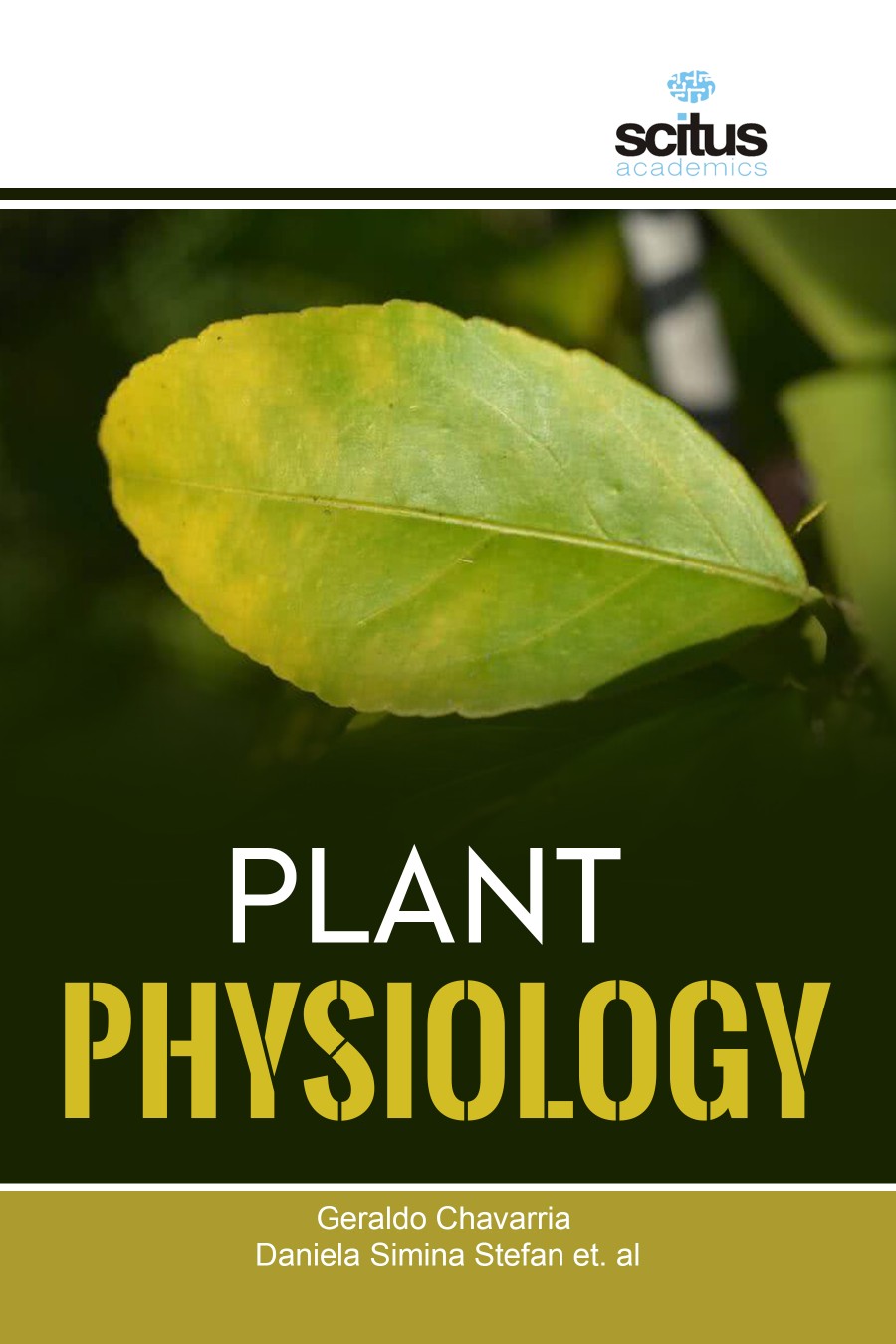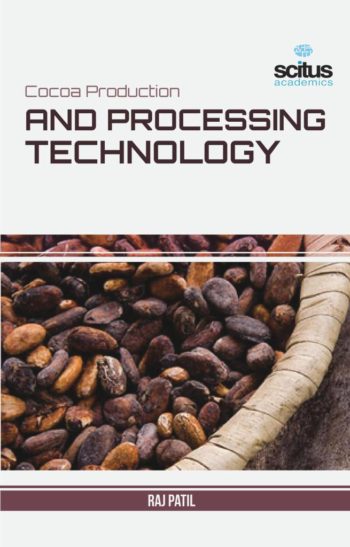The field of plant physiology comprises the study of all the internal activities of plants—those chemical and physical processes connected with life as they arise in plants. This includes study at many levels of scale of size and time. At the smallest scale are molecular relations of photosynthesis and internal diffusion of water, minerals, and nutrients. At the biggest scale are the processes of plant development, seasonality, dormancy, and reproductive control. At present, there is an increasing agricultural pressure on the limited natural resources, particularly prime land and fresh water, in many developing countries. This situation will be further aggravated by the high rate of population growth, due mainly to the high fertility rate in most developing countries, coupled with changes in consumption habits that would result in high demand for food and feed in the coming few decades. In view of this pressure it is necessary to formulate and adopt sound agricultural policies for sustainable development aided by well-planned research strategies, and efficient delivery systems for needed agricultural services and improved technologies.
Plant Physiology is concerned with the innovative research and trends in physical, chemical and biological functioning of plants. General principles and new insights of some plant physiology aspects including abiotic stress, plant water relations, mineral nutrition and reproduction are covered. Some chapters cover special problems of plant physiology, presenting comprehensive information in rapidly growing fields. It attempts to provide new insights into the mechanism and adaptation aspects of water stress in plants through a thoughtful mixture of viewpoints. Drought, heat, cold and salinity are among the major abiotic stresses that adversely affect plant growth and productivity. In general, abiotic stress often causes a series of morphological, physiological, biochemical and molecular changes that unfavorably affect plant growth, development and productivity.
This monograph will be of interest to university and research departments, libraries, scientists, and post-graduates as a regular and reliable source of information as well as this book will be useful for the researchers working with the plant diversity-related environmental aspects and also provide suggestions for the strategists.













